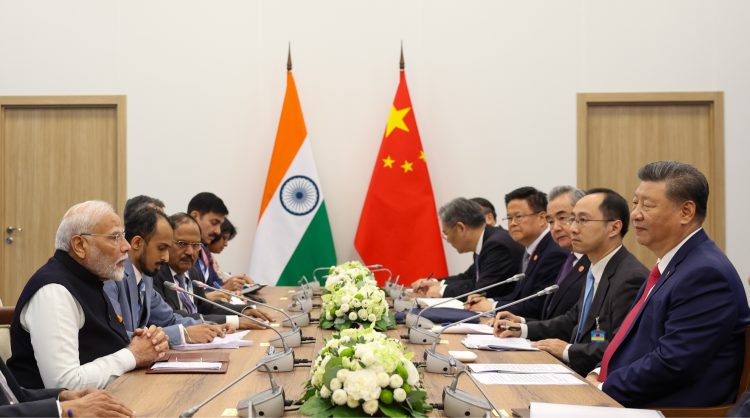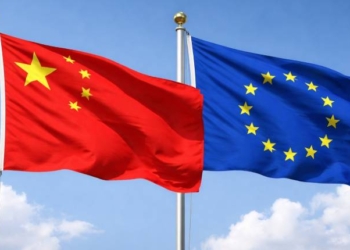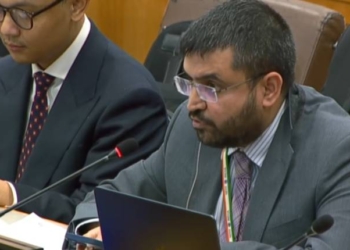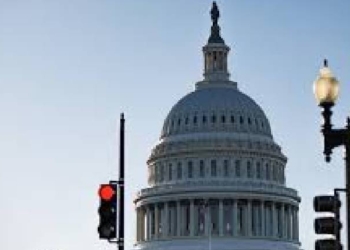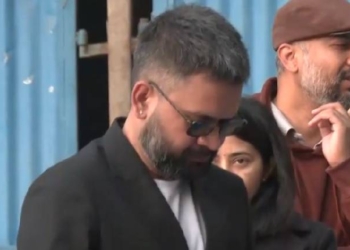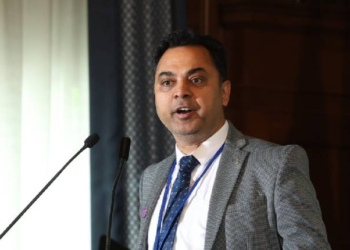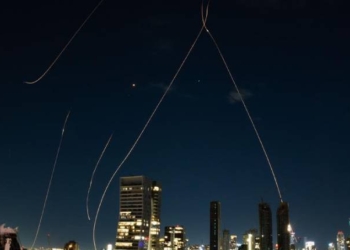Beijing: As two major developing countries and emerging economies, China and India should concentrate on development and cooperation, and bring bilateral relationship back on a track of healthy and stable development, Chinese Foreign Ministry spokesperson Guo Jiakun said Tuesday.
The spokesperson made the remarks at a daily press briefing when asked to comment on Indian Foreign Minister S. Jaishankar’s recent speech, in which he said India-China relations are crucially related to the development prospect of the two countries and the global order, and that India will handle its relations with China from a long-term perspective.
“As two major time-honoured civilizations, developing countries and emerging economies, China and India need to focus on development and engage in cooperation. This serves the fundamental interests of over 2.8 billion people of the two countries, meets the common aspiration of regional countries and peoples, goes along with the historical trend of the Global South growing stronger, and is conducive to peace and prosperity of the region and the wider world,” Guo said.
The Chinese Foreign Ministry spokesperson went on to say that the two sides need to earnestly deliver on the important common understandings reached between Chinese President Xi Jinping and Prime Minister Narendra Modi in their meeting in Kazan, including that China and India are each other’s development opportunity rather than threat, and cooperation partner rather than competitor.
“We need to view and handle the bilateral relations from a strategic height and long-term perspective, bring the relations back to the track of healthy and stable development, and find the right path for big, neighbouring countries to live in harmony and develop side by side.
“In global affairs, the two sides need to remain committed to the Five Principles of Peaceful Coexistence, practice true multilateralism, advocate an equal and orderly multipolar world and a universally beneficial and inclusive economic globalization, and make greater contribution to world peace, stability, development and prosperity,” Guo remarked.
On January 18, while delivering his remarks at Nani Palkhivala Memorial Lecture ‘India and the World’, EAM Jaishankar had stated that India confronts a particular challenge in establishing an equilibrium with China even at a time when most of its relationships are moving forward.
Much of that, he said, arises from the fact that both nations are on the rise.
“As immediate neighbours and the only two societies with over a billion people, their dynamic could never have been easy. But it has been further sharpened by a boundary dispute, by some baggage of history and by differing socio-political systems. Misreadings by past policy-makers, whether driven by idealism or absence of realpolitik, has actually helped neither cooperation nor competition with China. That has clearly changed in the last decade,” said Jaishankar.
He mentioned that right now, the relationship is trying to “disentangle itself” from the complications arising from the post-2020 border situation.
“Even as that is being addressed, more thought needs to be given to the longer-term evolution of ties. Clearly, India has to prepare for expressions of China’s growing capabilities, particularly those that impinge directly on our interests. To hold up its own end, a more rapid development of India’s comprehensive national power is necessary,” the EAM stated.
“This is not just about correcting the earlier neglect of the border infrastructure and oceanic periphery, but also in mitigating dependence in sensitive domains. There could naturally be practical cooperation, undertaken with due diligence. All in all, India’s approach can be summed up in terms of the three mutuals, i.e., mutual respect, mutual sensitivity and mutual interests. Bilateral ties can also benefit from a greater realization that what is at stake is actually the larger prospects of both nations and, in fact, even of the global order. It needs an acceptance that the emergence of a multi-polar Asia is an essential pre-requisite for a multi-polar world,” he added.
(IANS)




